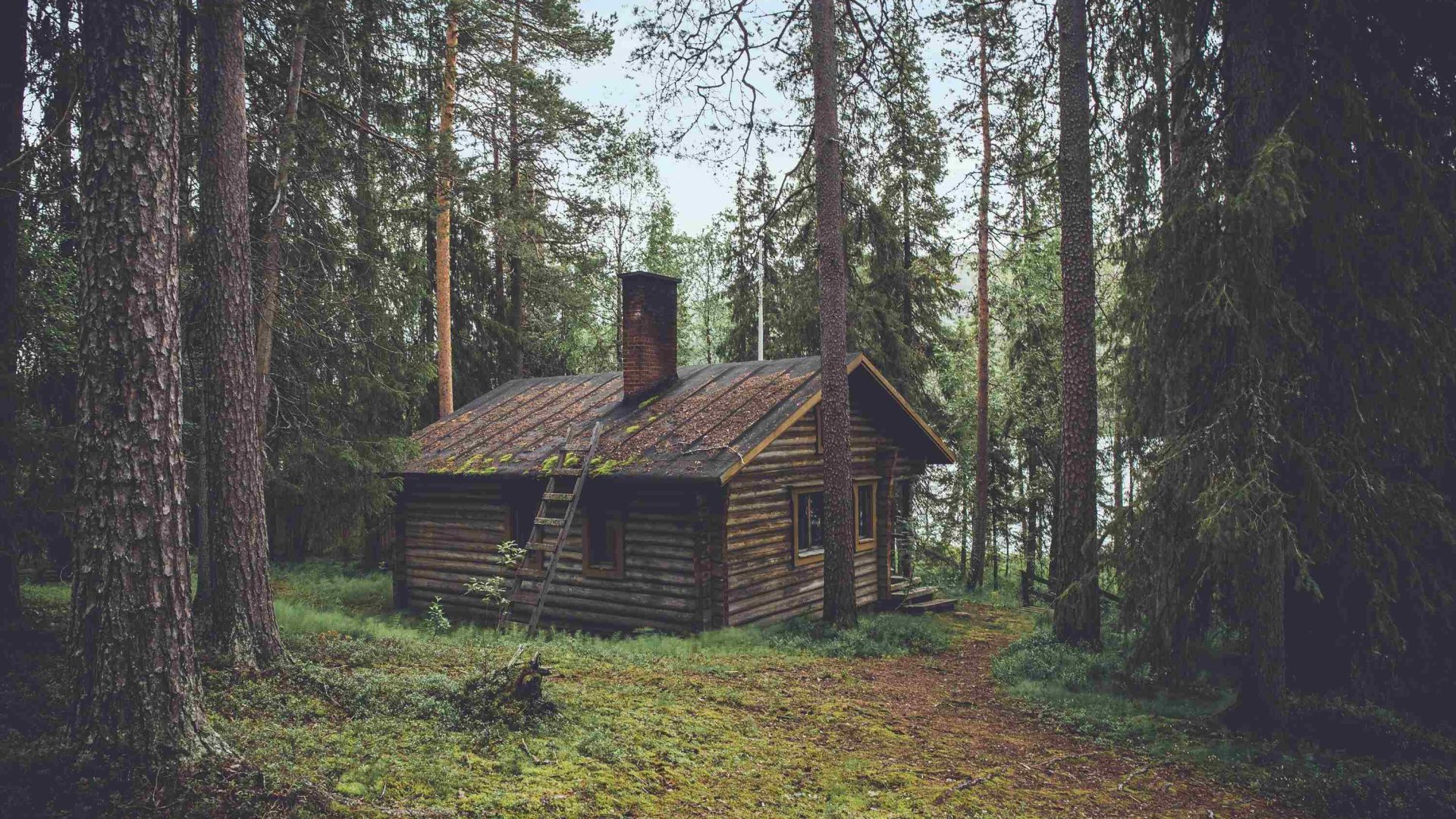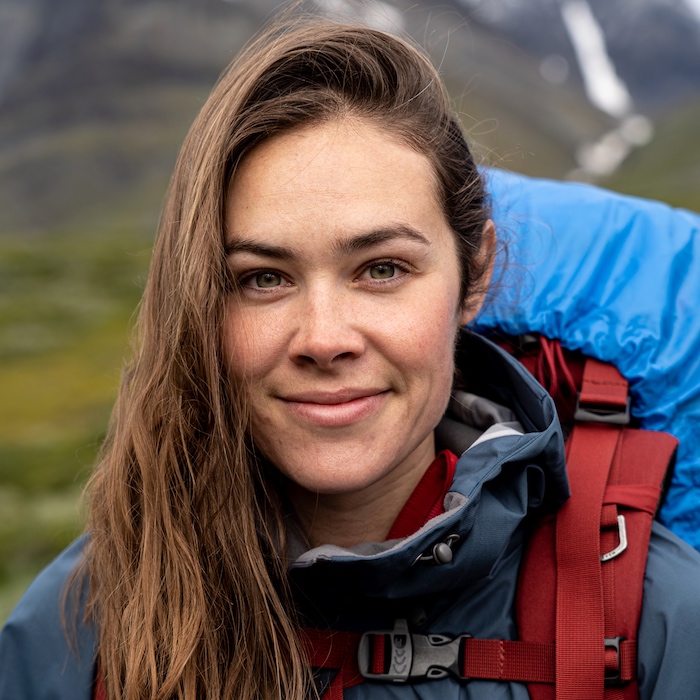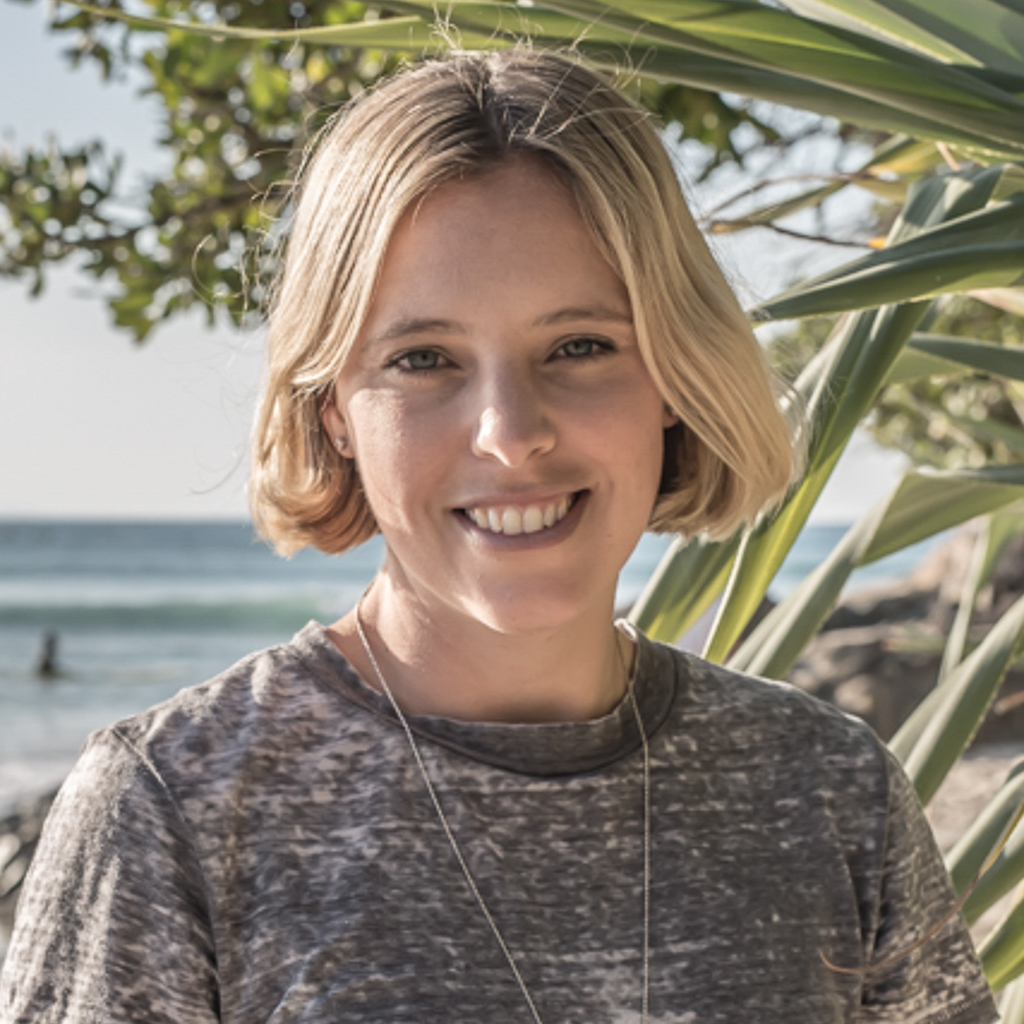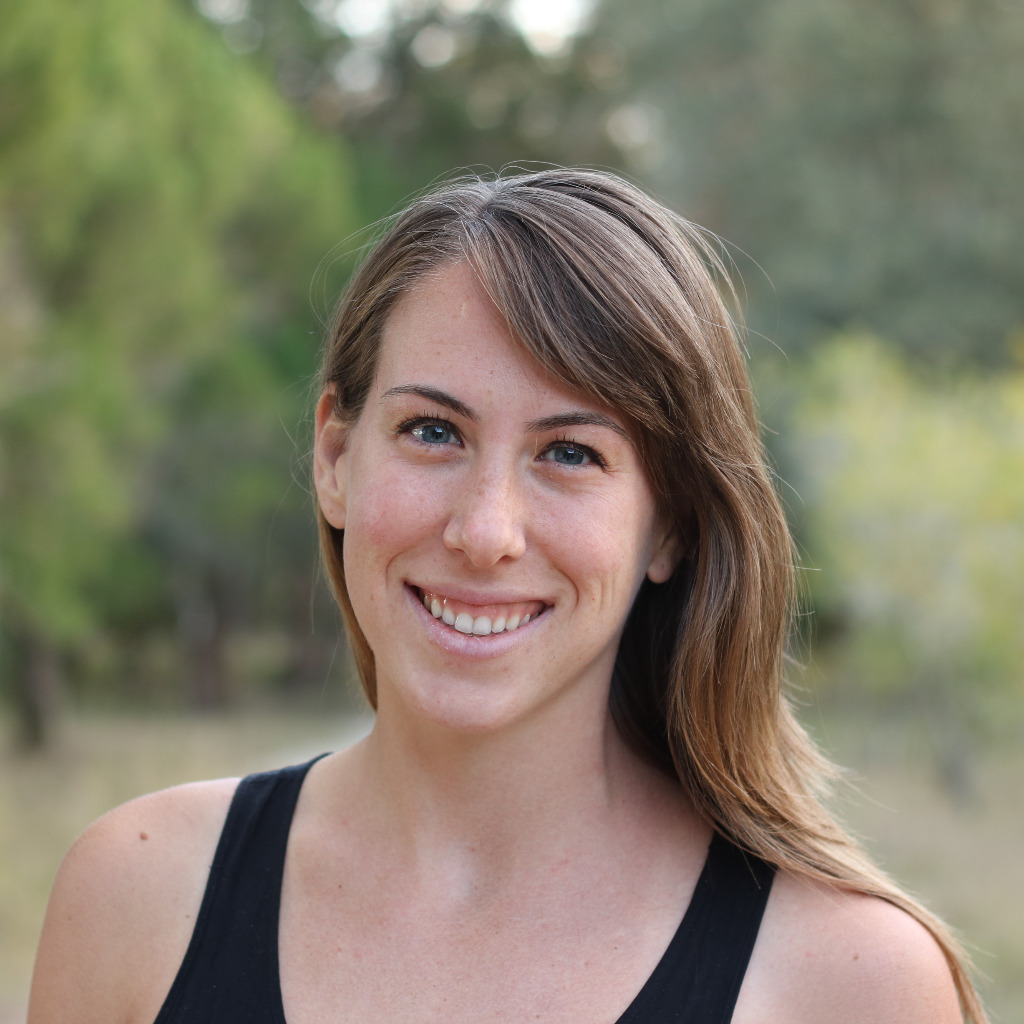
It’s no secret that disconnecting is good for your health. But is there a difference between working from home and working in nature?


It’s no secret that disconnecting is good for your health. But is there a difference between working from home and working in nature?
You’ve certainly heard the news that taking time away from work and powering down your devices is good for your mental health and overall wellbeing. But here’s a new one: Apparently, working in nature is good for you, too.
Unyoked, an Australian company that operates a collection of tiny cabins there and in the UK, ran an experiment with consulting firm Interbrand to test whether employees had more productive work days in their cabins than in the office. What they found was still interesting: 86 percent of their test group reported finding new ways of working, and 63 percent reported feeling less stressed upon returning to the ‘real’ world.
While it’s worth mentioning that Unyoked’s study was not scientific, other studies suggest they might be onto something. In 2020, the UK’s Green Building Council published a report that laid out the benefits of incorporating more plants and trees into the workplace, citing earlier academic studies that found people take less sick leave when they’re in closer proximity to nature. Employees with views of trees or landscapes took an average of 11 fewer hours of sick leave each year, and responded to calls 6 to 7 percent faster, than employees with no view, their report said. And companies can increase worker productivity by about 15 percent simply by enhancing their offices with plants.
Biophilia, which is simply an affinity for nature, is one of 2024’s hot travel buzzwords. As more travelers seek greater connection with the natural world on their trips, cabin experiences like Unyoked, and competitor Unplugged, have exploded. Airbnb has created filters to find such experiences, and platforms exclusively for camping and glamping, like Hipcamp and Canopy and Stars, have exploded.
In response, hotels are getting in on the trend, too. Earlier this year, Design Hotels, a booking platform for high-end boutique hotels, published an article about how crucial biophilia is to the future of hotel design, complete with plenty of eye candy featuring some of the world’s most beautiful existing resorts—all draped in greenery. And just last month, the World Economic Forum claimed that biophilia is “the new travel trend,” citing incredible statistics about nature’s role in travel. More than half the world’s GDP is at least moderately dependent on nature in some way, WEF said. Wildlife tourism alone supports more than 22 million jobs worldwide.
While many cabin companies emphasize disconnecting—Unplugged, for example, gives guests a smartphone lock box and an old-fashioned Nokia dumbphone for their stay—Unyoked set out to experiment with the opposite. They sent employees from Interbrand’s writing, design, and strategy teams to work solo on specific projects and report back on how they fared. Each person went on two three-day solo trips at different cabins, and while they had all their devices with them, they were asked to limit meetings and check-ins. At the end, their creative output was evaluated by their managers and the company’s CEO.
Unyoked and Interbrand found that employees got more creative with their work spaces and their tools. Interbranders used their laptops less and pen and paper more; went for walks that inspired breakthroughs; built forts out of sheets and pillows; and used walls and windows as canvases for post-it notes. Aside from work, they also listened to their bodies more. They slept longer and deeper, felt more relaxed, happier, and calmer, and made more time for yoga and meditation.
With less pressure on productive output, Interbranders had better creative flow and were ultimately more productive.
“We found not only clear wellbeing and cultural benefits from the team working in nature, but from a commercial perspective, we saw more originality and more authentic thinking, writing and creative output, beyond what I’d have expected from working in the usual ways,” Nathan Birch, CEO of Interbrand, said in the report.
In short, the experiment was a huge success.
“Sure, the boundaries between home and work got a bit blurry, and the cabin didn’t offer the most comfortable set-up or balanced feng shui,” Unyoked wrote. “But it delivered on the simple basics that we can forget in our usual work setups. It’s a human truth: When faced with limitations, we think outside the box.”
***
Adventure.com strives to be a low-emissions publication, and we are working to reduce our carbon emissions where possible. Emissions generated by the movements of our staff and contributors are carbon offset through our parent company, Intrepid. You can visit our sustainability page and read our Contributor Impact Guidelines for more information. While we take our commitment to people and planet seriously, we acknowledge that we still have plenty of work to do, and we welcome all feedback and suggestions from our readers. You can contact us anytime at hello@adventure.com. Please allow up to one week for a response.

Kassondra Cloos is a travel journalist from Rhode Island now living in London. Her work focuses on slow travel, urban outdoor spaces and human-powered adventure. She has written about kayaking across Scotland, dog sledding in Sweden and road tripping around Mexico. Her latest work appears in The Guardian, Backpacker and Outside, and she is currently section-hiking the 2,795-mile England Coast Path.






Can't find what you're looking for? Try using these tags: